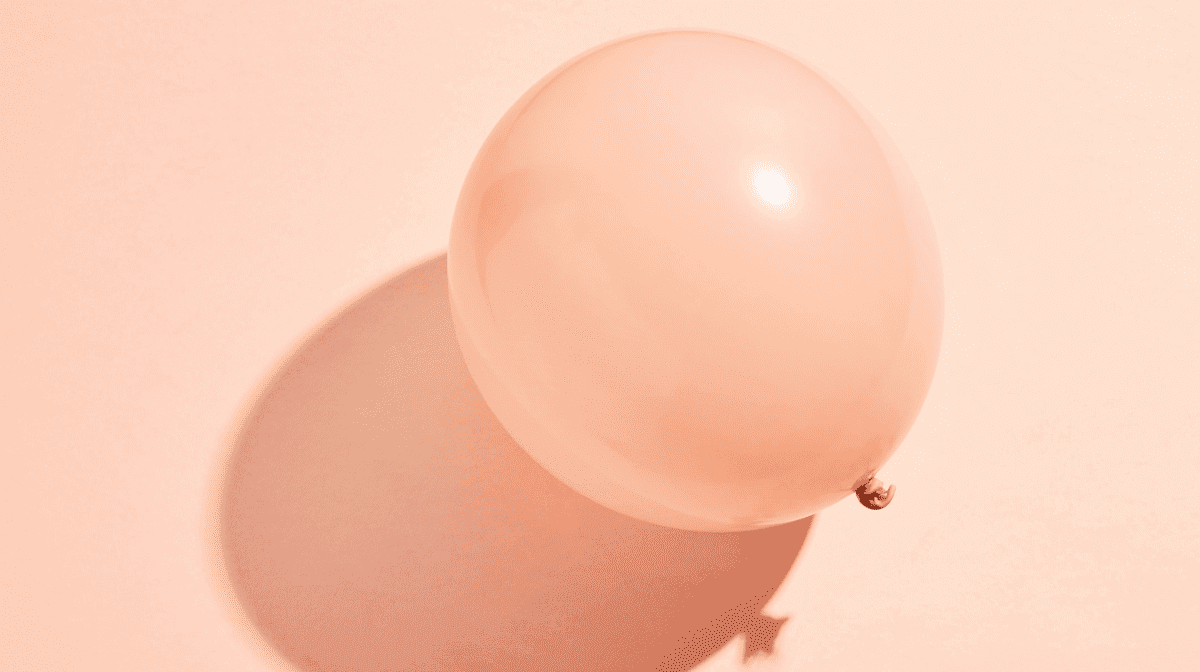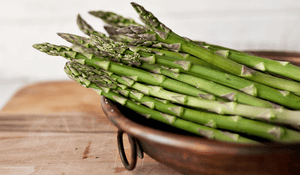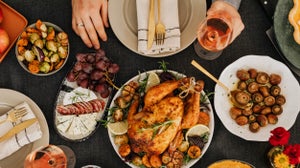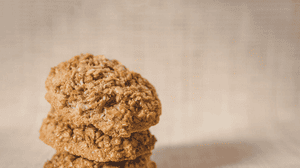
We asked our very own Registered Nutritionist Abbie Alston, to takes us back to basics and share her top tips to reduce bloating.
Bloating is a very common symptom whereby the stomach feels full or uncomfortable. There are a number of things you can do to help relieve bloating, but if you feel bloated a lot, or if symptoms do not go away, you should speak to your healthcare professional.
What are the symptoms of bloating?
- Your stomach feels full or bigger than usual
- Stomach pain or discomfort
- Your stomach is rumbling or making noises
- Passing gas more than usual
What are the common causes of bloating?
One of the most common causes of bloating is gas in the gastrointestinal tract. Gas can build up in the gastrointestinal tract from air swallowed when eating, consuming certain foods and drinks such as fizzy drinks, and even from eating certain vegetables.
Further causes of bloating can be due to problems with your digestive tract, such as constipation, food intolerances, coeliac disease, and irritable bowel syndrome (IBS).
A Nutritionists top tips to reduce bloating:
- Drink plenty of water – You have heard it before, hydrate, hydrate, hydrate! Be sure to drink lots of water throughout the day, and try to limit fizzy drinks, alcohol, and caffeine.
- Increase your fibre content – It is recommended we eat 30g of fibre a day, but many of us in the UK are not eating enough. Increase foods such as beans and lentils, wholegrain foods, vegetables and dried fruit and nuts.
- Exercise regularly – Exercise can help to improve your digestion and reduce bloating. Try to add a little movement into your daily routine, even something as simple as a 30-minute brisk walk will benefit!
- Slow down your eating – Slowing down your eating, chewing your food more, and keeping your mouth closed whilst eating will all help to reduce the amount of air swallowed whilst eating and help to reduce bloating. With our busy lives we often eat in a rush, so try to prioritise creating calm mealtimes and slowing down to enjoy your food!
- Stomach massage – A stomach massage can be a great way to help reduce bloating when you are in pain and discomfort. Try massaging your stomach from right to left to help release any trapped air.
- Try a probiotic – Certain probiotics may help to relieve symptoms of bloating. Different probiotics have different effects on health, so look for a probiotic with strain-specific effects for reducing bloating.
Bloating is a common condition, but it is important to speak to your local healthcare professional if you have been bloated for 3 weeks or more, feel bloated regularly, have a pain or lump in your stomach, have unexplained weight loss or have blood in the stool or on the paper.
Discover Our Gut Health Supplements
Explore Abbie's Other Articles

The Brain Health Q and A with Abbie
Discover how our brain and gut are connected with Abbie Alston, PrecisionBiotics Nutritionist

Bacteria Buzzwords
If you’ve just started learning more about your gut function, some terms may make it confusing to get to grips with! That’s why we’ve put together a list key words used when talking about the gut, along with their definitions, to help you make sense of it all.
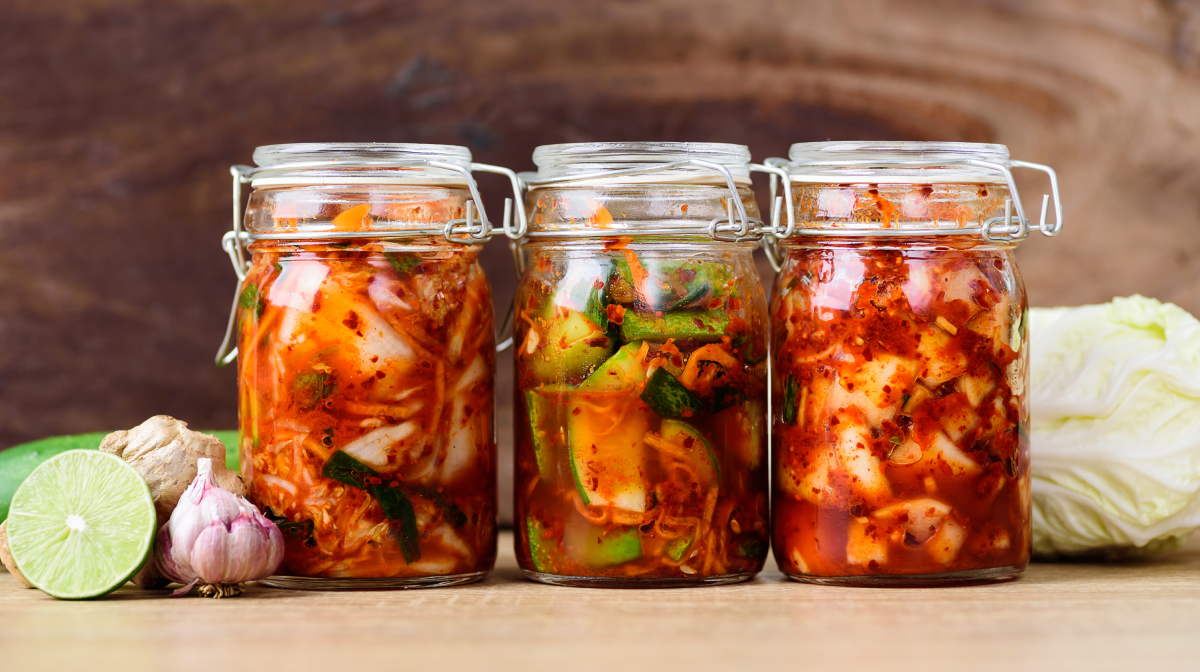
What are the best foods for gut health?
Is there such a thing as ‘good gut health’ food? Learn which foods have been linked to supporting your gut and if there really is a ‘magic’ ingredient.

